Blog
Post category: pioneers under 40
2018
What’s new
Meet our 20 Pioneers under 40 in Environmental Public Health: Ana Maria Mora, MD, PhD
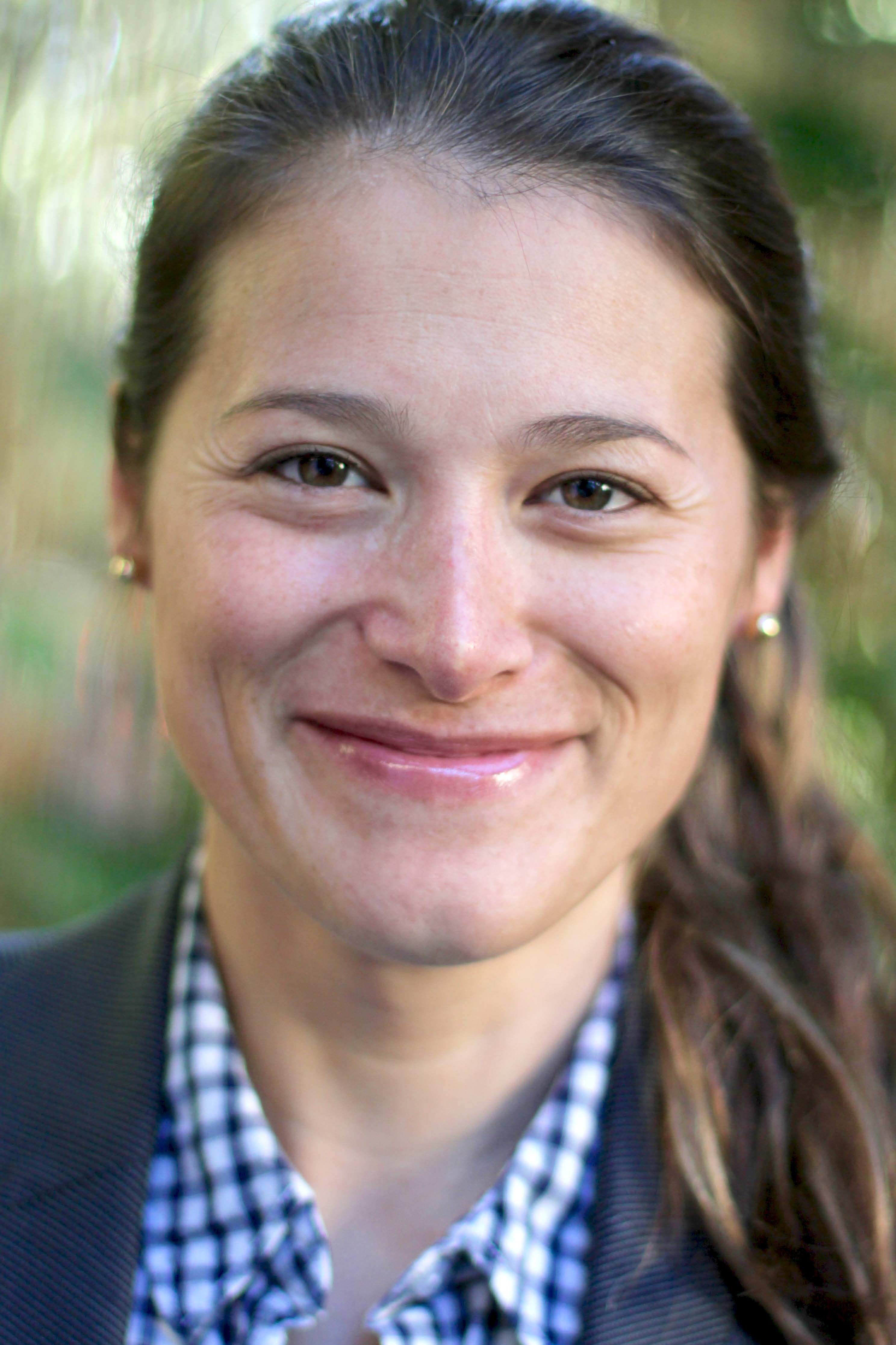 Ana Maria Mora, MD, PhD is passionate about sharing what she has learned through her work in environmental public health with everyone. While she spends half of her time in Northern California studying the effects of early-life exposure to pesticides in children living in the Salinas Valley, she spends a lot of her time on research projects that impact the health of people in the country she where she was born and that she calls home, Costa Rica.
Ana Maria Mora, MD, PhD is passionate about sharing what she has learned through her work in environmental public health with everyone. While she spends half of her time in Northern California studying the effects of early-life exposure to pesticides in children living in the Salinas Valley, she spends a lot of her time on research projects that impact the health of people in the country she where she was born and that she calls home, Costa Rica.
While there is attention being given to the field of environmental health here in the U.S., she notes “that in Costa Rica, we’re always behind on research on environmental health topics. There are a lot of epidemiologists and exposure scientists in the US, but in Costa Rica we are very few [epidemiologists and exposure experts]; and the problem that we face is that some people refuse to believe that findings from studies conducted outside of our country can be applicable to our population.” . . .
2018
What’s new
Meet our 20 Pioneers under 40 in Environmental Public Health: Kelly Ferguson, PhD, MPH
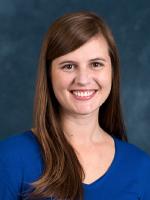 Kelly Ferguson, PhD, MPH, is an NIH researcher whose focus is looking at how different exposures impact birth outcomes. Her interest in environmental health comes from the fact that it’s something that everyone deals with.
Kelly Ferguson, PhD, MPH, is an NIH researcher whose focus is looking at how different exposures impact birth outcomes. Her interest in environmental health comes from the fact that it’s something that everyone deals with.
“It’s a concern that affects everyone and that everyone can kind of wrap their head around… people are often thinking about what chemicals are going into their body, what chemicals are in their air, what chemicals are in the food that they are eating, and so I think it’s something that is really easy to communicate with everyone about,” Dr. Ferguson says.
Her work is also looking at oxidative stress, most specifically as it relates environmental exposures in women and preterm birth. . . .
2018
What’s new
Meet our 20 Pioneers under 40 in Environmental Public Health: Amy Padula, PhD, MSc
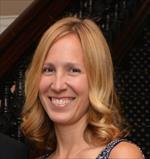 Amy Padula, PhD, has devoted much of her work to looking at how the air we breathe can impact health.
Amy Padula, PhD, has devoted much of her work to looking at how the air we breathe can impact health.
“Most of my work has been focused on air pollution exposures during pregnancy and how it affects the baby,” Dr. Padula says.
Air pollution affects everyone, but she has a unique and interesting reason why her work has focused on women who are pregnant and their children.
“We look at pregnancy because it is the special time when there is a lot developing and a lot happening. As humans, we are very vulnerable during this period of development and, in a way, during pregnancy, babies can be considered canaries in a coal mine because they develop so fast that if there are adverse changes to their development, we are able to see them more quickly than, for example, increases in mortality over 60, 70, or 80 years,” Dr. Padula explains. . . .
2018
What’s new
Meet our 20 Pioneers under 40 in Environmental Public Health: Allan Just, PhD
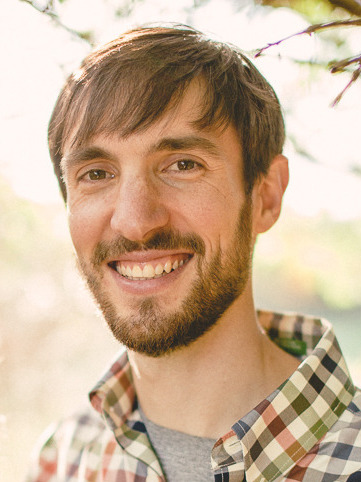 In a way, Allan Just, PhD has come full circle. He is now a professor and researcher at Mount Sinai, but developed his interest in children’s health after hearing a CHE webinar at the start of his career.
In a way, Allan Just, PhD has come full circle. He is now a professor and researcher at Mount Sinai, but developed his interest in children’s health after hearing a CHE webinar at the start of his career.
“There was a CHE Call in 2005, it was moderated by Michael Lerner, and it was about early life exposures and their role in the developmental origins of disease, really it was focused on cancer. But, I listened to that CHE call, and it made so much sense to me. You are going through this developmental period early in life, as a fetus and as a young child, and you are getting set up on this trajectory of who you are going to become, and if you perturb that, that is going to have consequences down the road. I thought about how all the studies that I was involved with at the time were really focused on adults. And, if you were interested in chronic diseases, which can have extremely long latencies, the relevant time period, if you are interested in the environmental contribution, might be decades before you can distinguish who does and doesn’t go on to develop disease. And, I thought ‘well it’s sort of a little bit crazy to look at adults then, because if we are interested in the environmental role, it’s too late,’” Dr. Just recalls. . . .
2018
What’s new
Webinars
Meet our 20 Pioneers under 40 in Environmental Public Health: Joseph Braun, PhD, MSPH
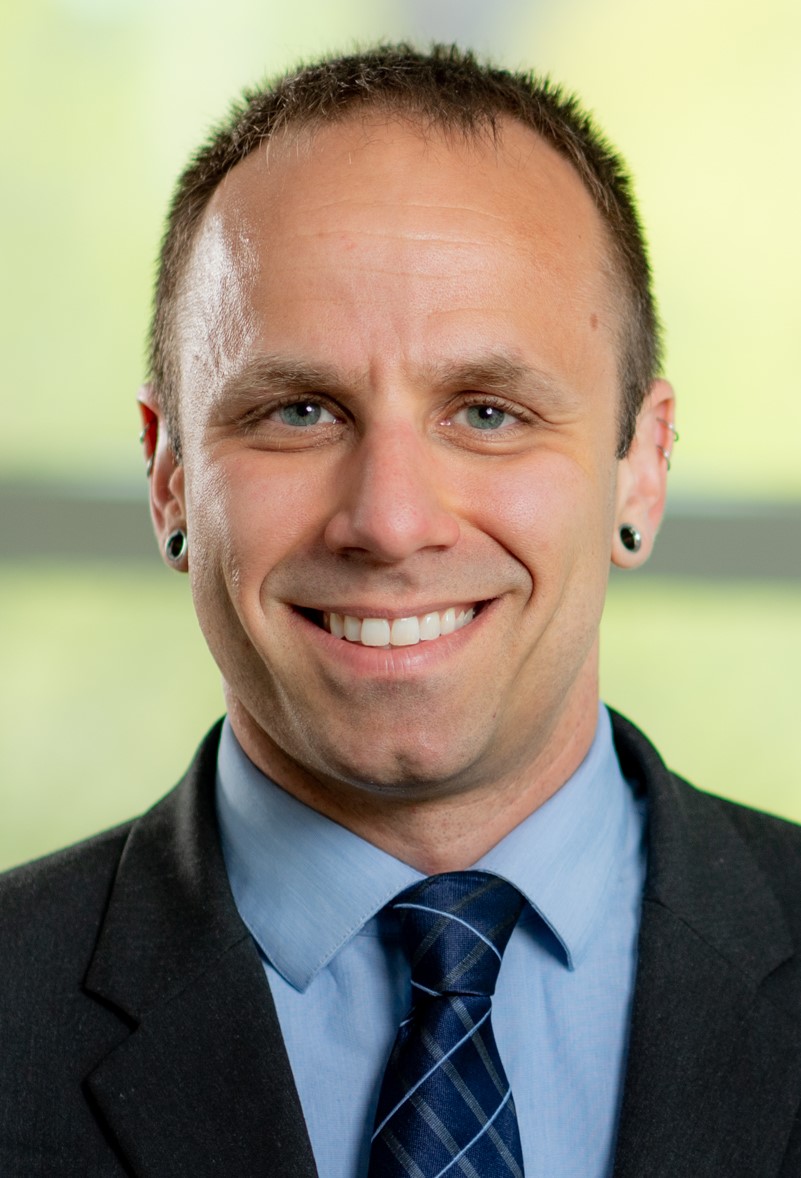 Joseph Braun, PhD, MSPH spends his time figuring out how things that children come into contact with even before they are born can have an impact later in their lives.
Joseph Braun, PhD, MSPH spends his time figuring out how things that children come into contact with even before they are born can have an impact later in their lives.
“We are focused on understanding how early life environmental exposures influence children’s growth and development. We are considering the early life window now to extend from before conception in both the mother and the father, during the prenatal period in the mother, when the baby is in the womb, and the postnatal period from infancy onward till adolescence. So, we are looking at a wide range of environmental chemical exposures and how they influence children’s risk of neurobehavioral disorders like ADHD or autism as well as their risk of becoming obese or overweight. And, even how environmental factors might influence their metabolism of things like glucose or lipids. Finally, we are also trying to understand some of the biologic mechanisms that underlie these associations,” Dr. Braun says. . . .
2018
Meet our 20 Pioneers under 40 in Environmental Public Health: Nourbese Flint, MA
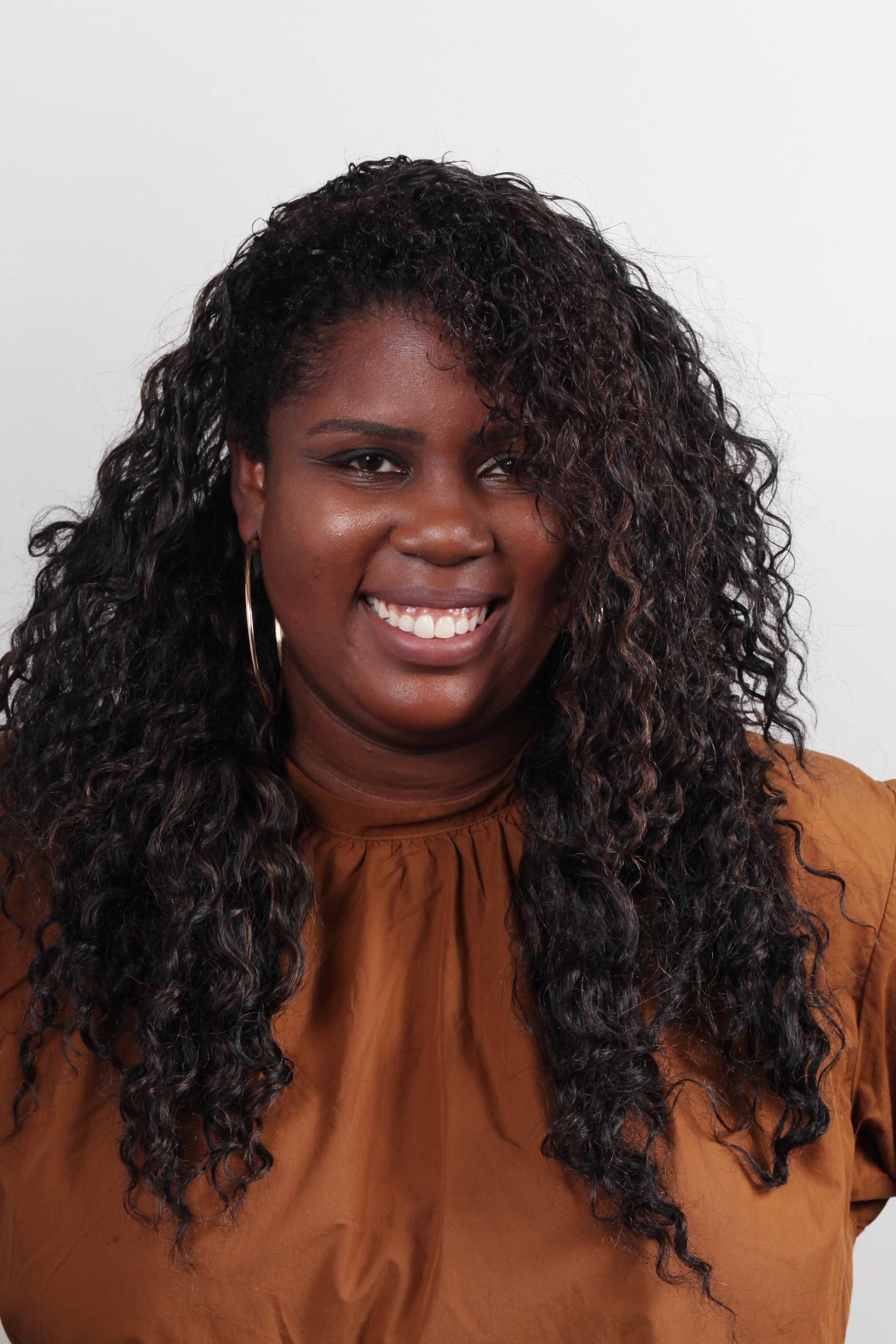 Nourbese Flint, MA serves as the Policy Director and manager of reproductive justice programs at Black Women for Wellness (BWW). There, she directs reproductive and environmental health policy, organizes community advocacy, and manages reproductive and sexual health programming as well as civic engagement.
Nourbese Flint, MA serves as the Policy Director and manager of reproductive justice programs at Black Women for Wellness (BWW). There, she directs reproductive and environmental health policy, organizes community advocacy, and manages reproductive and sexual health programming as well as civic engagement.
With her work in the policy realm and the reproductive justice world, she knows how important an intersectional approach to a topic can be. . . .
2018
What’s new
Meet our 20 Pioneers under 40 in Environmental Public Health: Ami Zota, ScD, MS
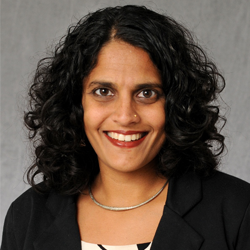 Ami Zota, ScD, MS has been working in the environmental health world since she was an undergraduate, and a main focus of her work has been looking at the intersection of environmental health and environmental justice.
Ami Zota, ScD, MS has been working in the environmental health world since she was an undergraduate, and a main focus of her work has been looking at the intersection of environmental health and environmental justice.
Much of her research has specifically focused on “[characterizing] exposure to a wide range of environmental hazards in the general population with a real emphasis on identifying vulnerable populations or highly exposed populations,” Dr. Zota says. . . .
2018
What’s new
Meet our 20 Pioneers under 40 in Environmental Public Health: Megan Latshaw, PhD
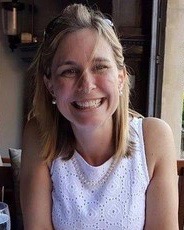 Megan Latshaw, PhD, is all about making public health work for the people. Throughout her career, she has realized public health has the potential to affect communities.
Megan Latshaw, PhD, is all about making public health work for the people. Throughout her career, she has realized public health has the potential to affect communities.
“If you think about what it is that is killing people all around the globe, it is chronic diseases and, as we know, most chronic diseases are not infectious. The Human Genome Project has not provided the key to unlocking chronic disease; I think environmental health and epigenetics is the next frontier in figuring out how we can make the world a healthier place,” Dr. Latshaw shares. . . .
2018
What’s new
Meet our 20 Pioneers under 40 in Environmental Public Health: Sara Wylie, PhD
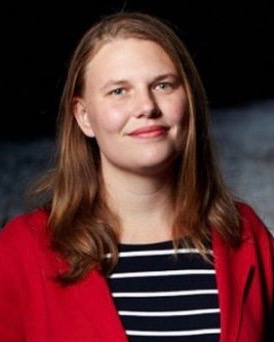 Sara Wylie, PhD developed an interest in science from a young age, having grown up with two developmental biologists as parents. As she got older and started asking her own questions, her focus turned to how chemicals, especially those that look like hormones to the body, can shape the life course. As she went through school and studied to be an anthropologist of science, these interests grew even more complex. . . .
Sara Wylie, PhD developed an interest in science from a young age, having grown up with two developmental biologists as parents. As she got older and started asking her own questions, her focus turned to how chemicals, especially those that look like hormones to the body, can shape the life course. As she went through school and studied to be an anthropologist of science, these interests grew even more complex. . . .
2017
What’s new
The Impact of our 20 Pioneers under 40 in Environmental Public Health
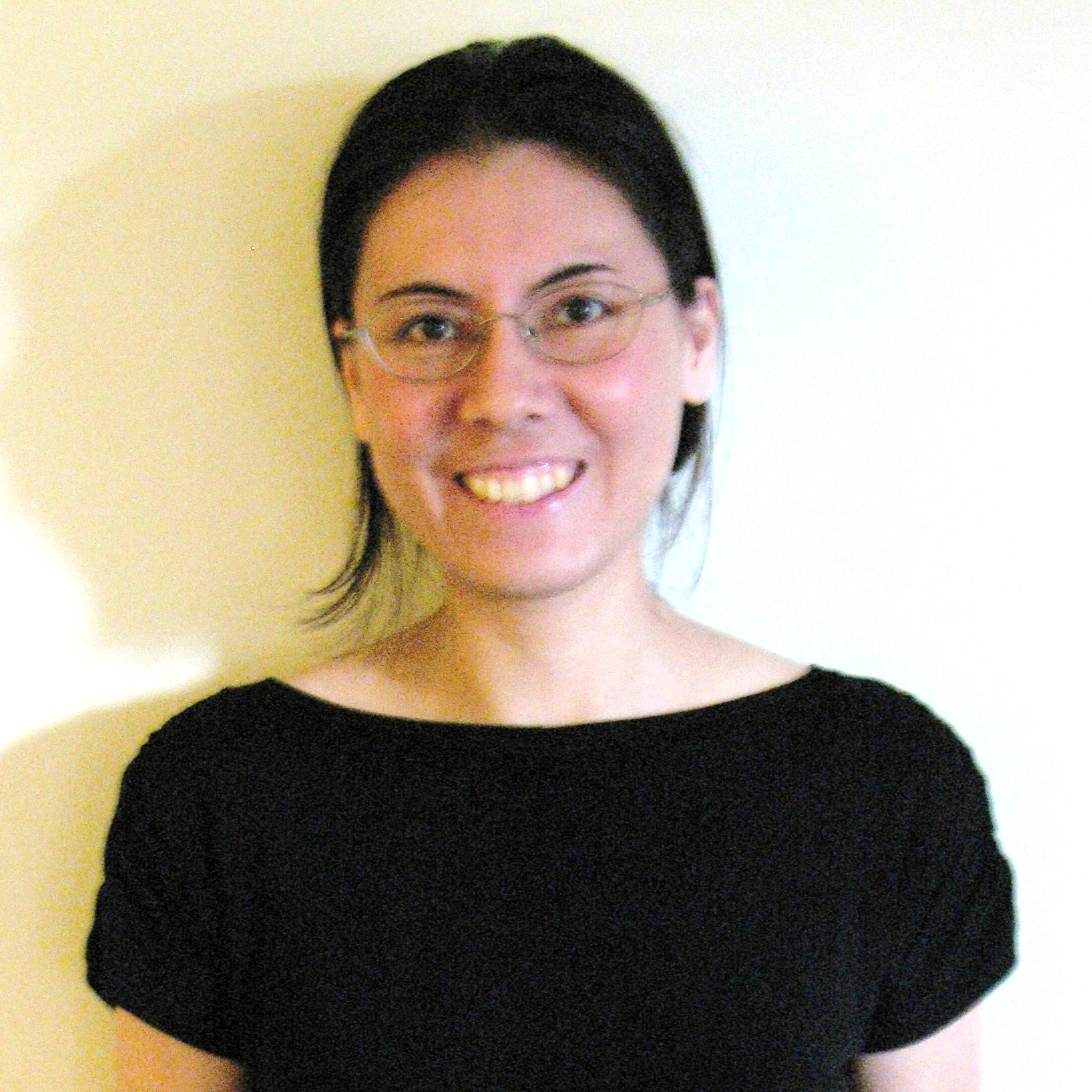 Hi there,
Hi there,
I’m Maria, and I joined CHE in April as program manager. I host our popular webinars, and I love working with leading experts in the field to bring you the latest, cutting-edge environmental health science. I’m thrilled to do this work as I’ve seen its impact: during my six years at Toxic-Free Future, where I ran the Toxics Hotline and conducted research on toxic chemicals in everyday products, my colleagues and I continually relied on CHE for the facts we needed to inform and promote our policy platforms. This resulted in state legislation to reduce environmental risks that harm our health. Through this work, I know that CHE is an invaluable link between information and action, and I have only been more convinced of this during my time at CHE.
With attacks on science from so many directions, now is the time to fight back, to spread the information that will drive actions that help turn the tide. CHE’s webinars were already doing this, and this fall we took it to the next level by launching a new series, 20 Pioneers Under 40 in Environmental Public Health. Once a month we highlight a pair of these young and exceptionally talented scientists and advocates, future leaders who are building critical, new knowledge in areas including flame retardants, BPA substitutes, climate change, epigenetics, chemicals in house dust, and disparities in exposure.
When we asked established luminaries in the field to nominate pioneers, we knew we would get an impressive group. But, we have simply been blown away by the quality and diversity of the pioneers’ work and the passion behind it. It’s no surprise that these webinars have been among our best attended, and that we have received volumes of positive feedback.
Thanks to these pioneers—their expertise, their values, their conviction--I feel hopeful and energized about the future, perhaps more than I ever have.
You can help us keep up the momentum by making a tax-deductible contribution today in support of our 20 Pioneers Under 40 in Environmental Public Health series and the creation of other unique webinar series for next year. Every webinar requires research, a nomination process, coordination with speakers and moderators, advertising, and technological management. Together, let’s continue to inspire students and others who are looking for role models. Let’s demonstrate that the future of environmental health science and advocacy is bright and in good hands. Let’s encourage collaborations between scientists in various stages of their careers. Let’s keep paving the path toward the healthier future we know is possible.
We sincerely appreciate any amount you can give. To share the words of Linda Birnbaum, PhD, director of NIEHS, and one of our nominators for the series:
“I believe that scientists have a responsibility to share their research as often as possible, especially when it relates to public health. These young scientists are doing exciting, innovative work that will influence how we address environmental challenges to our health in the future.”
Please give today, and thank you for being a part of the CHE community. . . .
2017
What’s new
A Message from CHE's co-founder, Michael Lerner
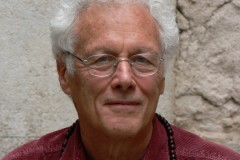 Dear CHE Friends,
Dear CHE Friends,
I hope this finds each of you well. CHE is very close to my heart. I was one of the co-founders who came together to create CHE in 2002 at a meeting at UCSF and shortly thereafter at a second meeting at Commonweal.
For the past 15 years, CHE has become the leading environmental health science resource for thousands of environmental health advocates, patient advocates, scientists, health professionals, and concerned citizens. . . .


